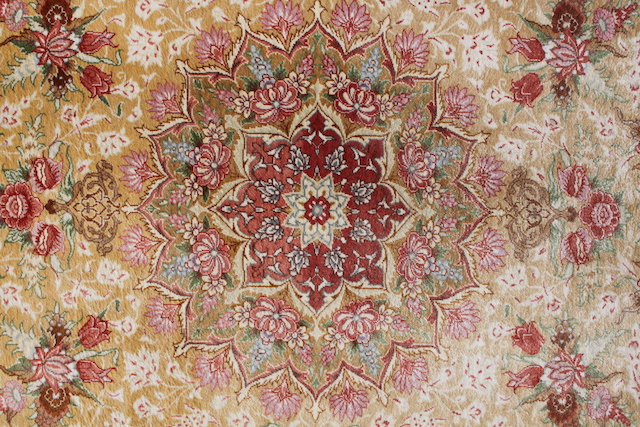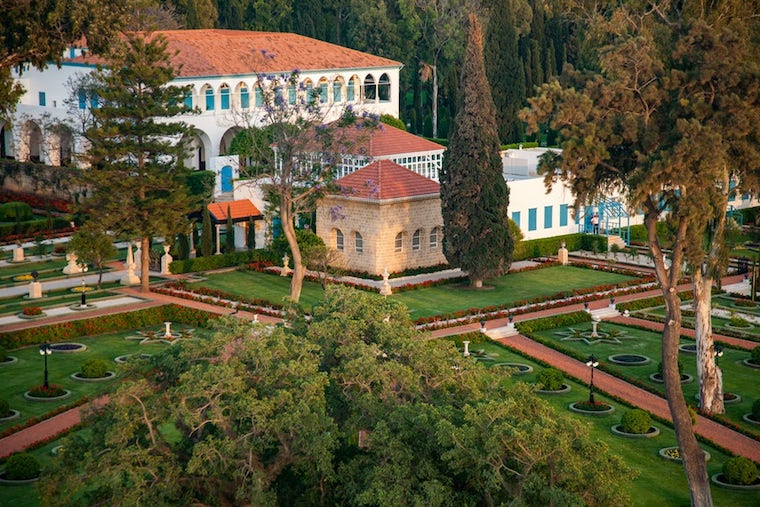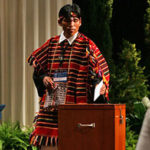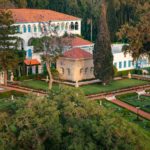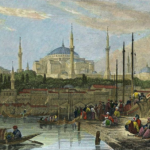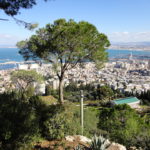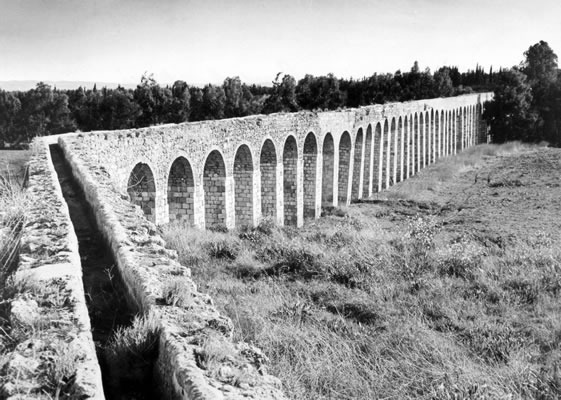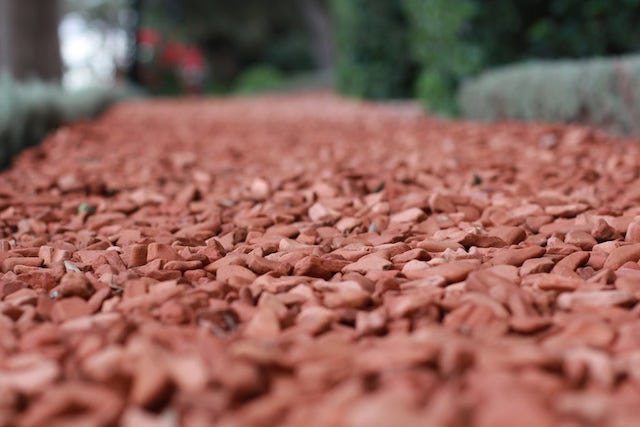
Bahá’u’lláh’s counsel to do no harm
 In the Tablet of the World, Bahá’u’lláh counsels us that we should do no harm.
In the Tablet of the World, Bahá’u’lláh counsels us that we should do no harm.
Incline your hearts to the counsels given by the Most Exalted Pen and beware lest your hands or tongues cause harm unto anyone among mankind.[1]
The principle to “do no harm” has ancient provenance and appears in both East and West. It is attributed to Hippocrates, as an element of the ancient Greek Hippocratic Oath, binding on the healer. It appears as “ahimsa”, a foundational principle in eastern religions such as Hinduism, Jainism and Buddhism. In eastern medicine, the words of the Confucian sage Mengzi are cited as authority to “do no harm”.
To be more specific in relation to Bahá’u’lláh’s guidance it is in the form of a caution. “Beware” that we do no harm. It is perhaps an indication of how difficult we find it as human beings to truly pass through life without causing harm. It is not only deliberate ill-will that can cause harm. Sometimes harm arises from action, sometimes from inaction, sometimes it arises from lack of foresight, or limited understanding of a situation. It is evident also that Baha’u’llah is concerned with harm broader than our deeds. It encompasses our words as well.
It is interesting to note that the principle to do no harm arises prominently in relation to the calling of a healer – for Bahá’u’lláh describes his own role and that of the Messengers of God as healers of the world. As individuals we can choose to play a part in that process of healing.
The Prophets of God should be regarded as physicians whose task is to foster the well-being of the world and its peoples, that, through the spirit of oneness, they may heal the sickness of a divided humanity. … No man, however acute his perception, can ever hope to reach the heights which the wisdom and understanding of the Divine Physician have attained.[2]
In the context of the Tablet of the World, Baha’u’llah also identifies other specific forms of harm that he counsels against.
Strife and conflict befit the beasts of the wild … O ye loved ones! Do not forsake prudence.[3]
This Wronged One hath forbidden the people of God to engage in contention or conflict and hath exhorted them to righteous deeds and praiseworthy character.[4]
Time and again have We admonished Our beloved ones to avoid, nay to flee from, anything whatsoever from which the odour of mischief can be detected. The world is in great turmoil, and the minds of its people are in a state of utter confusion.[5]
The Tablet of the World is another rich and complex work Bahá’u’lláh has bequeathed to the world. In a subsequent article other dimensions of this message will be explored.
(This article is the 184th in a series of what I hope will be 200 articles in 200 days for the 200th anniversary of the birth of Bahá’u’lláh. The anniversary is being celebrated around the world on 21 and 22 October 2017, The articles are simply my personal reflections on Bahá’u’lláh’s life and work. Any errors or inadequacies in these articles are solely my responsibility.)
Image Credits. Stones on the path in the gardens at Bahjí. Shrine of Bahá’u’lláh.
